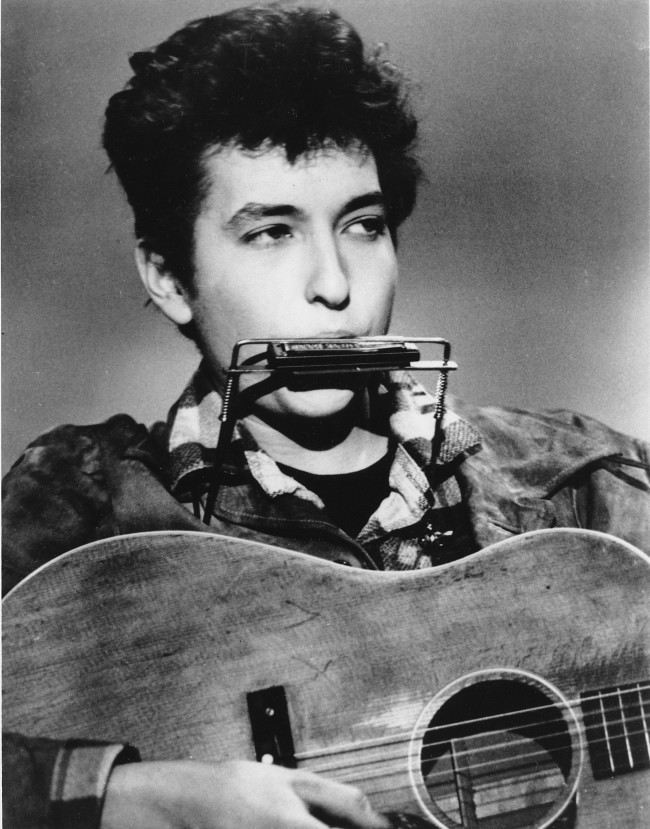
Bob Dylan – Blind Willie McTell (January 12… by Flixgr
When the Critics’ Choice Movie Awards were held two years ago, on Thursday, January 12, 2012, Martin Scorsese was the Music + Film honoree.
Appearing with his band to perform “Blind Willie McTell,” a song included in Scorsese’s PBS documentary series “The Blues,” was Bob Dylan.
Scorsese, of course, also put together the Dylan documentary, “No Direction Home.”
When Scorsese took the stage to accept his award he said:
“Such a great honor and an amazing performance by the great one, Bob Dylan. This award has a very special significance to me, so I’d like to begin with a special thank-you to Django Reinhardt, Stéphane Grappelli and the Hot Club of France. That was the music I used to hear when I was growing up in my apartment in New York, even before we had a TV, in the middle to late ’40s. Before anything for me, there was music and conversation, and for me they were both the same thing.”
Watch Olivia Harrison present the award and Scorsese accept it:
(If you’ve got Spotify, you might dig this Martin Scorsese jukebox plus clips from scenes in Scorsese films that include music.)
Other versions of “Blind Willie McTell”:
Accoustic version off The Bootleg Series Vol 1-3, from the Infidels sessions:
Electric version off The Bootleg Series Vol 1-3, from the Infidels sessions:
And a live electric version, Vienna, VA, August 24, 1997:








